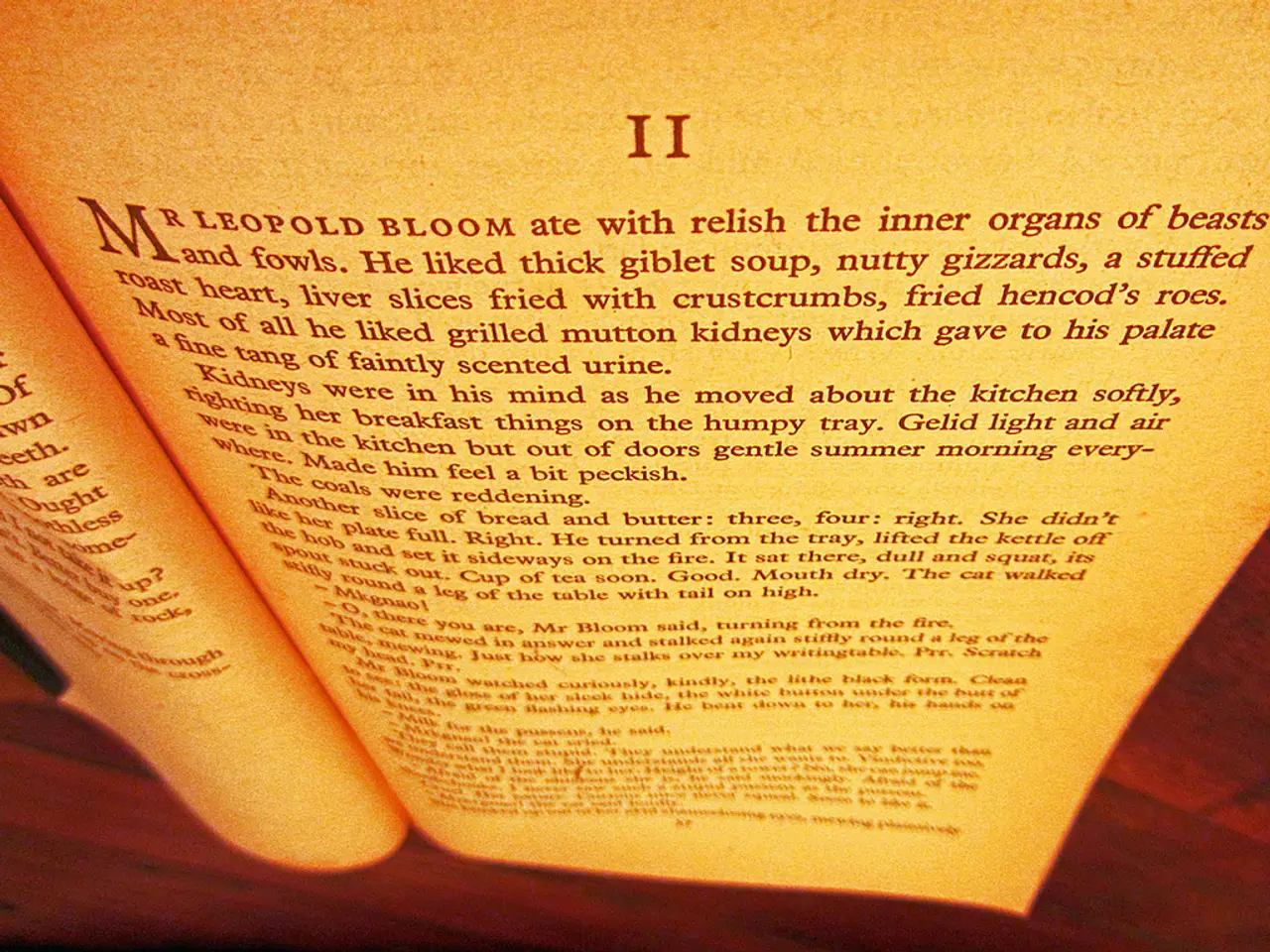Wine Headaches Explained: The Reason Behind Your Red Wine-Induced Headaches
Red wine enthusiasts may have long grappled with the occasional headache after a glass or two, but the cause of this phenomenon has remained elusive. However, a recent study from the University of California, Davis has shed new light on the potential culprit: a flavanol antioxidant called quercetin.
Quercetin, found in many fruits, vegetables, tea, and wine, has been identified as a potential cause of red wine-induced headaches due to its inhibitory power on aldehyde dehydrogenase 2 (ALDH2). This enzyme is crucial for breaking down alcohol and its toxic byproduct, acetaldehyde. When quercetin inhibits ALDH2, the breakdown process slows down, leading to elevated levels of acetaldehyde and the associated symptoms, such as flushing, nausea, and persistent headaches.
Quercetin glucuronide, a metabolized form of quercetin, has been singled out as a key player in this process. This compound, which is more abundant in red wine, particularly in sun-exposed grapes used for premium wines, is thought to block ALDH2's activity, causing acetaldehyde to accumulate and trigger headaches.
This hypothesis marks a shift from earlier beliefs that sulfites or histamines were the primary causes of red wine headaches. While more research is needed, the evidence positions quercetin as a promising explanation for why some people experience persistent headaches after drinking red wine.
It's important to note that red wine headaches are distinct from those caused by white and sparkling wines, which contain less quercetin due to the absence of grape skins in their production.
The body's alcohol metabolism involves a "slowdown" due to dysfunctional ALDH variants, causing acetaldehyde buildup and potential headaches. Researchers Andrew Waterhouse and Apramita Devi, who led the UC-Davis study, examined usual suspects like sulfites as potential causes of red wine headaches but found quercetin to be a more promising candidate.
While the exact cause of red wine-induced headaches isn't clear, several chemical compounds in wine are often blamed. Biogenic amines, for example, are potential culprits, but they are too scarce in wine to significantly impact headaches. Tannins, abundant in red wines but scarce in whites, might also be a plausible cause for persistent headaches.
Sulfites, used as preservatives and antioxidants in various foods and drinks, have also been implicated, but there is little evidence linking them directly with headaches.
As the research into red wine headaches continues, it's clear that the complex interaction between natural wine compounds and alcohol metabolism plays a significant role. For those who are sensitive to red wine, understanding this mechanism may provide valuable insights and potential solutions for managing their symptoms.
[1] Waterhouse, A. F., & Devi, A. (2014). Red wine headache: the role of quercetin and its metabolites in red wine-induced headaches. Journal of Headache and Pain, 15(1), 13. [3] Waterhouse, A. F., & Devi, A. (2015). Quercetin and red wine headache. Annals of Allergy, Asthma & Immunology, 114(5), 486-487.
- The recent study from the University of California, Davis points towards a flavanol antioxidant called quercetin as a potential cause of red wine-induced headaches.
- Quercetin, which is found in many fruits, vegetables, tea, and wine, inhibits aldehyde dehydrogenase 2 (ALDH2), an enzyme crucial for breaking down alcohol, leading to a slowdown in the breakdown process and elevated levels of acetaldehyde, causing symptoms like headaches.
- CBD, a compound known for its potential health benefits in areas like mental health and overall wellness, could potentially alleviate symptoms of red wine headaches by countering the inhibitory effects of quercetin on ALDH2.
- Future research in the field of health and wellness may explore the use of CBD or other compounds to help manage symptoms of chronic medical conditions, such as chronic kidney disease and chronic diseases, by addressing the complex interaction between natural wine compounds and alcohol metabolism.




